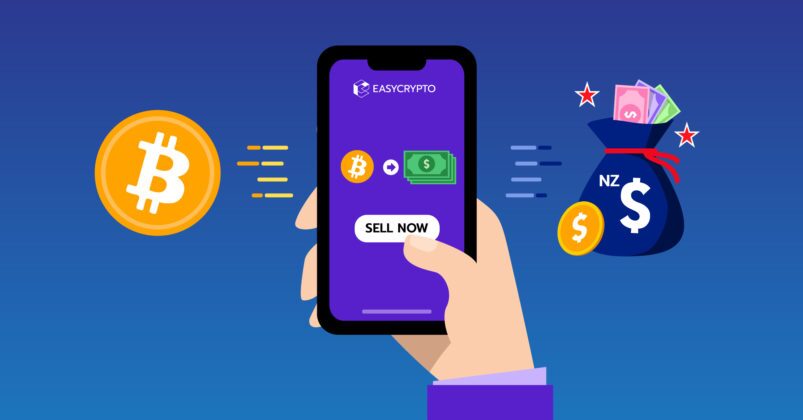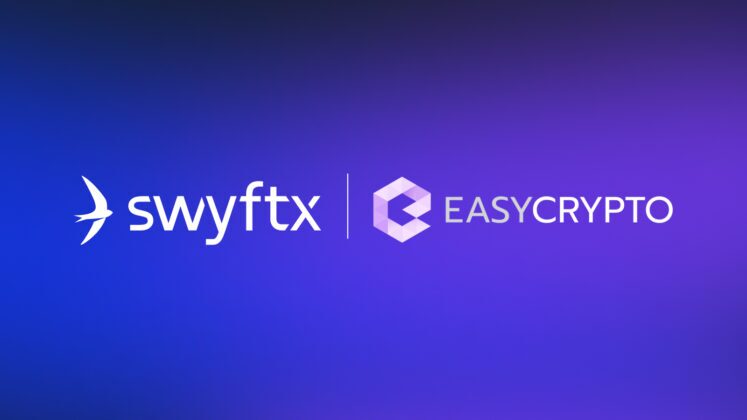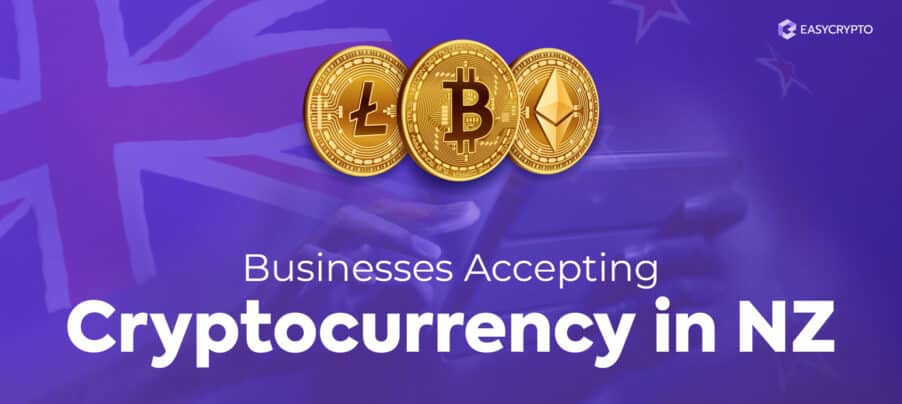Bitcoin vs Gold – A Comparison
What is Gold? As you most likely already know, Gold is a precious yellow shiny metal, represented by the atomic number 79. Gold is considered.
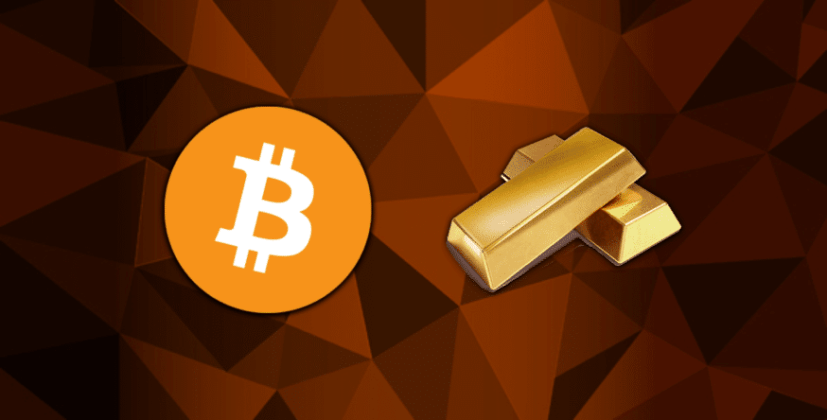

What is Gold?
As you most likely already know, Gold is a precious yellow shiny metal, represented by the atomic number 79. Gold is considered to be the most useful of all the metals on earth, as it’s proven to be useful for money, jewelry, technology, decoration, dentistry, glass making, and awards.
Gold is malleable, ductile, and highly conductive. Some of the oldest known gold artifacts were found in Varna Necropolis in Bulgaria, which dates back to between 4700 and 4200 BC – indicating that gold mining could be at least 7000 years old.
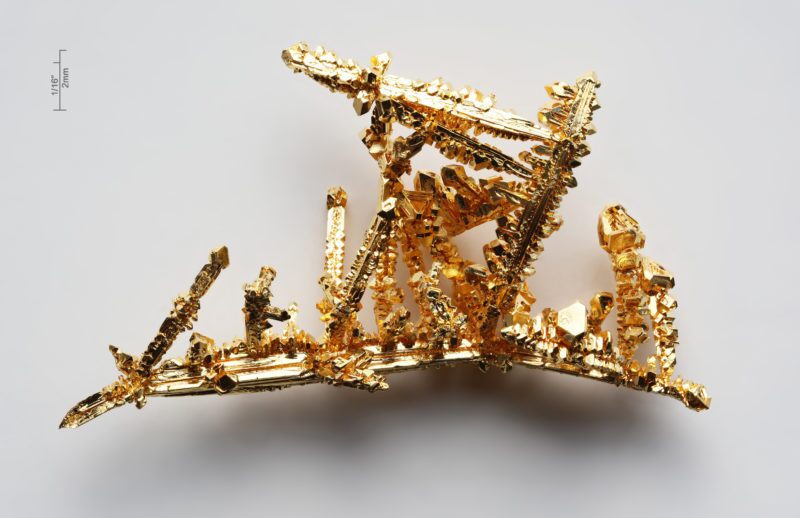
Gold not only has utility as a luxury good or a manufacturing commodity but also as financial backing for government-issued currency. This monetary policy is called the gold standard, but in the last century, this standard has generally been abandoned and replaced with the fiat currency system.
On the 1st February 1935, New Zealand moved off the gold standard into a new system, one where the value of the dollar would be controlled by the government. In March of 1985, the system would change again, and our currency would be floated, meaning its value would be determined by the market as well as how it performs against a basket of other countries.
What is Bitcoin?
Released as open-source software in 2009, Bitcoin is often credited as the worlds first cryptocurrency. In many ways, It operates just like any other currency. You can use it as a medium of exchange to buy goods and services, and you can use it to store value, just like you would with money in your bank account.
Best defined as a digital currency that only exists electronically, Bitcoin is non-tangible, meaning it does not exist in a physical form, but rather as ones and zeros in a computer network.
Bitcoin is decentralised, meaning the network that powers it is distributed and owned by no single individual or entity. As the flagship of the cryptocurrency fleet, Bitcoin is considered the “gateway” cryptocurrency. Understanding Bitcoin’s potential is an essential first step to seeing the brilliant solutions being worked on in the cryptocurrency world.
Learn more about Bitcoin: Click here to read our guide on Bitcoin (BTC).
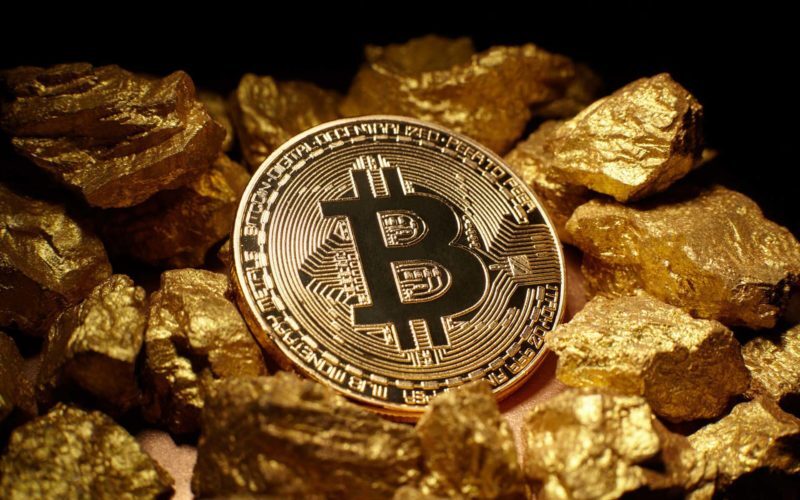
The process behind how Bitcoin runs is relatively simple. Bitcoin holders are able to transfer Bitcoins via a peer-to-peer network. These transactions are tracked on the ‘blockchain’, commonly referred to as a giant ledger. This ledger records every Bitcoin transaction ever made, meaning you can track your Bitcoin with accuracy all the way back to the day it was created.
Each “block” in the blockchain is built up of a data structure based on encrypted Merkle Trees. This is particularly useful for detecting fraud or corrupted files. If a single file in a chain is corrupt or fraudulent, the blockchain prevents it from damaging the rest of the ledger.
This technological infrastructure allows Bitcoin to run in a decentralised fashion, meaning it does not have a central issuing authority or political institution that controls the amount of Bitcoin in circulation – but the Bitcoin platform is far from anarchy.
It’s believed that Bitcoin was designed to become a deflationary currency to combat the government’s use of inflation as a hidden taxation to redistribute earned wealth. Many people praise Bitcoin for empowering the people by overthrowing the currency printing powers of transient politicians.
More on blockchain: Read our guide on blockchain technology.
Gold vs Bitcoin
To have a fair comparison of Bitcoin in contrast to Gold, we must compare the key elements and components of each asset.
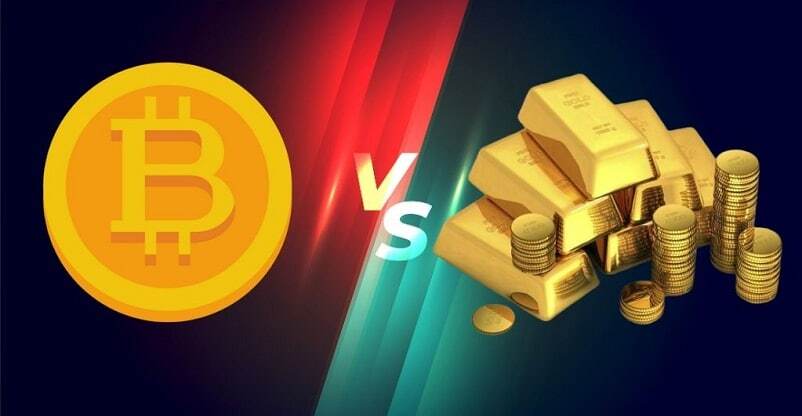
Supply and scarcity
This refers to the stock or amount of something supplied or available for use between the two assets.
Gold:
It’s unclear exactly how much gold exists in the world. Estimates range from 165,000 tonnes all the way up to 2.5 million tonnes. This is a big problem, but it is not a game-changer to many. What should be seen is a game-changer is the fact that there is theoretically an infinite supply in outer space.
Another issue facing the supply of gold is the practice of atomic manipulation, where you can smash elements together to create other ones. This is not a critical issue facing us today, however, as the cost for this nuclear fusion is much more than the return from selling the gold.
Bitcoin:
We know the exact number of Bitcoins that exist in this universe, and it is common knowledge that Bitcoin will never exceed 21 million coins due to the fact that it has been programmed to have a fixed supply.
Demand
This refers to the consumer’s desire and willingness to pay a price for a specific good or service between the two assets.
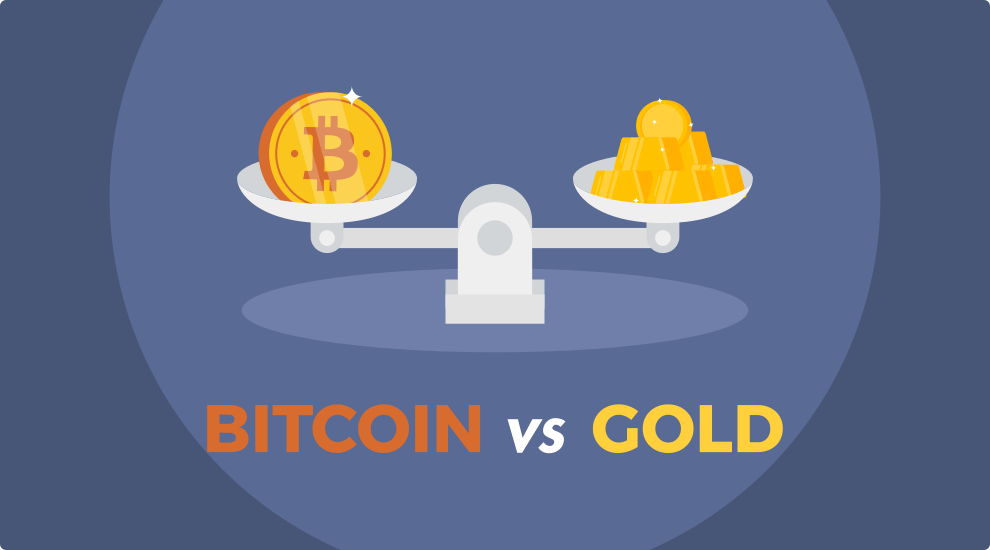
Gold:
The modern gold market is a picture of diversity and growth. Since the early 1970s, the volume of gold produced each year has tripled, the amount of gold bought annually has quadrupled and gold markets have flourished across the globe. Gold is now bought by a far more diverse set of consumers and investors than at any previous time in history.
It is safe to say that our relationship with gold will remain intact until it is no longer useful, or until we find something better.
Bitcoin:
Since the birth of Bitcoin in 2008, there has been a relatively consistent increase in demand and therefore price. This is Bitcoin we are talking about, so it goes without saying that Bitcoin has faced extreme demand and price fluctuations.
Bitcoin saw an immense increase in demand over the period of late 2017 to early 2018, which resulted in a vast price increase only to be followed by a year of market recovery.
Utility and application
This refers to the nature in which the two assets are useful, beneficial, and/or profitable.
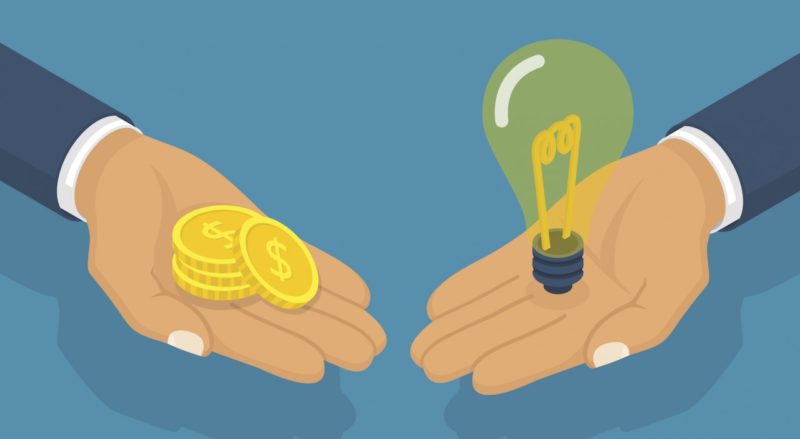
Gold:
As stated in the first paragraph of this article, gold is considered to be the most useful of all the metals on earth. It is used in a diverse range of products, such as jewelry, electronics, wiring, decoration, dentistry, glass making, award making, medicine, religion, fishing sinkers, and aerospace.
Gold is also used as a store of value, a medium of transaction, and finally as a stable asset to back fiat currency.
Bitcoin:
Unlike Gold, Bitcoin is non-tangible, meaning Bitcoin lacks physical utility outside its application as a borderless decentralised currency. The utility of Bitcoin, however, comes instead from its application as digital cash.
The application of Bitcoin in the real world consists of its ability to store value, its utility as a medium of exchange, and how it can integrate with Smart Contracts, Distristributed applications, and digital identity among other things.
Fungibility
The term “fungibility” here refers to the state of being identical to another of its kind.
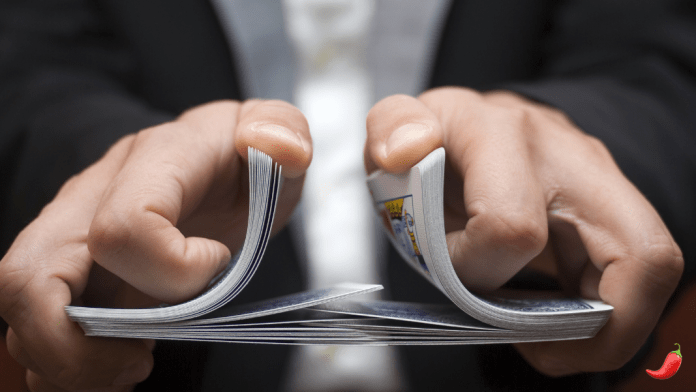
Gold:
Gold is certainly fungible, however, the extent of this fungibility is based on the quality of the gold. If you have a 1-ounce bar of 24-carat gold, you would not want to swap it for a 1-ounce bar of 18-carat gold. In this case, golds fungibility is dependant on its purity. Interestingly enough, the purity rule also applies to Bitcoin.
Bitcoin:
Bitcoin seems to fit both in and out of the fungibility goldilocks zone, as yes, one Bitcoin is as valuable as another Bitcoin on a BTC exchange, however, Bitcoin can leave a transaction trace behind on its blockchain. So-called ‘clean Bitcoins’ are worth slightly more than pre-used coins, as they have no transaction history linking to other Bitcoin wallets.
This has become important to some Bitcoin users, as Bitcoin exchanges can blacklist specific Bitcoin wallet addresses, driving some users to ‘wash’ their coins using mixing services available on the web. The same principle applies to fiat currencies though too. The tracing and monitoring of any currency or asset can make it less than fully fungible.
Durability
Refers to the property and ability to withstand wear, pressure, or damage.

Gold:
Gold is non-corrosive, so you can be sure to know that if you lock it up in a safe for 3000 years, it will still come out the other side just as shiny as before. The downside to gold is that it boils at 2835℃, meaning that if exposed to a standard nuclear explosion (100,000,000℃, 10x the heat of the sun), your gold will be instantly obliterated.
Bitcoin:
Due to Bitcoin’s decentralised and distributed public ledger, Bitcoin could easily survive a nuclear attack and her subsequent nuclear winter, whereas gold may not. As long as one single node is still running the BTC blockchain, Bitcoin will live on. For this reason, there are already multiple Bitcoin node satellites orbiting the earth to guarantee Bitcoin’s existence.
On the other hand, it’s important to realise that to use Bitcoin and cryptocurrency, you require a computer or phone with an internet connection powered by electricity. For this reason, its equally fair to say that the blockchain would be in danger too in the case of a global nuclear catastrophe.
Divisibility
The capacity of being evenly divided, without remainder.

Gold:
Gold is definitely divisible, yet it’s not so easy. Gold by nature is very soft, making it easy to shape and manipulate. However, you will either need to melt it down or use moderately heavy machinery to devise it. Another downside is that you will need to weigh it very carefully, a difficult task when you are dealing in molten metal.
Bitcoin:
Bitcoin is divisible into minutely small portions – with nothing being lost in the process.
Each Bitcoin is made up of 100 million units, called satoshis – named after Bitcoin creator Satoshi Nakamoto. This means Bitcoin users can transfer as little as 0.00000001 Bitcoins if they wish to.
Verifiability
The quality or state of being capable of being verified, confirmed or substantiated.

Gold:
Unless you own documents proving the authenticity your gold, It is basically impossible to know where it may have come from. It is very easy to verify the quality of your bullion using an acid test or by bringing it to your local jeweller. However, if your gold has passed many hands in its lifetime, you don’t have much of a chance of investigating its history.
For this reason, The London Bullion Market Association (LMBA) are implementing their own set of standards for blockchain-based gold tracking, as well as an oversight committee to approve and monitor technology providers. The purpose of these efforts is to counteract ‘dirty gold’, as well as to enforce regulation to protect the environment and workers rights. however, to many, this lack of bookkeeping is seen as a strength.
Bitcoin:
As you already know, the Bitcoin blockchain provides a complete record of every single transaction that has ever happened within the BTC network. The BTC blockchain also verifies all its transactions itself, which is a key component in being a ‘trustless’ system.
It should also be said that all Bitcoin transactions are irreversible once processed. This enables Bitcoin to have fully transparent verifiability, however, your Bitcoin wallet is not associated with your name, unless you provide your details upon buying, selling or when transacting.
Storage and portability
The ability to be easily carried, moved or stored.
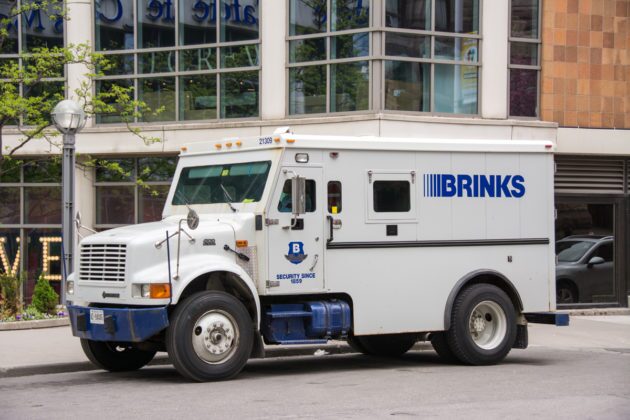
Gold:
Gold is exceptionally heavy, with a density of 19.32 grams per cubic centimetre. The sheer heaviness of this yellow metal can make it very difficult to transport in large portions, and this is without considering security, storage, and intermediaries. With all of these points considered, you would end up having to pay a considerable toll just to move your bullion from one country to another.
Bitcoin:
Due to Bitcoin’s digital nature, It can be effortlessly sent from one side of the world to the other, as it only consists of ones and zeros, or of ‘thin air’ as some people like to say. Bitcoin transactions require no intermediaries, no permission from an authority, and little to no fees to transport (depending on market conditions).
Ease of Acquisition in NZ
The ease of obtaining or purchasing an asset.

Gold:
Gold can be purchased easily over the web in New Zealand, from various companies such as MyGold, NZVault or Regal. If buying in NZ, the gold will be delivered to you as standard mail, however, like most other goods that are sent this way, there is typically a guarantee that your goods will arrive at your location safely.
Bitcoin:
There are multiple avenues to take to buy Bitcoin in NZ, but the easiest and fastest of your options would be with us, Easy Crypto. 🙂
Conclusion
Bitcoin and Gold share many similar properties and attributes, however, Gold and Bitcoin and running two very different races.
Gold does a great job of being a manufacturing commodity and luxury good, however, it does not do a very good job of being digital cash. Bitcoin is one of the pioneers of digital cash, but it will never be very good at being a manufacturing commodity.
Gold has a long history of being a monetary asset, and the gold market behind is very well established, very liquid, and relatively stable. meanwhile, the crypto market is young, with small liquidity and high price volatility.
Gold has been a companion to us for the last 7000 years plus, and it is expected that this relationship will continue on for as long as humans like shiny things.
Bitcoin’s journey, on the other hand, is just at its beginning. It will be only time itself that will tell us what asset will come out on top, but until then, the big question will still stand;
Will Bitcoin dethrone Gold? What are your thoughts?
Share to
Stay curious and informed
Your info will be handled according to our Privacy Policy.
Make sure to follow our Facebook, Twitter, Instagram, and YouTube channel to stay up-to-date with Easy Crypto!
Also, don’t forget to subscribe to our monthly newsletter to have the latest crypto insights, news, and updates delivered to our inbox.
Disclaimer: Information is current as at the date of publication. This is general information only and is not intended to be advice. Crypto is volatile, carries risk and the value can go up and down. Past performance is not an indicator of future returns. Please do your own research.
Last updated August 24, 2022



